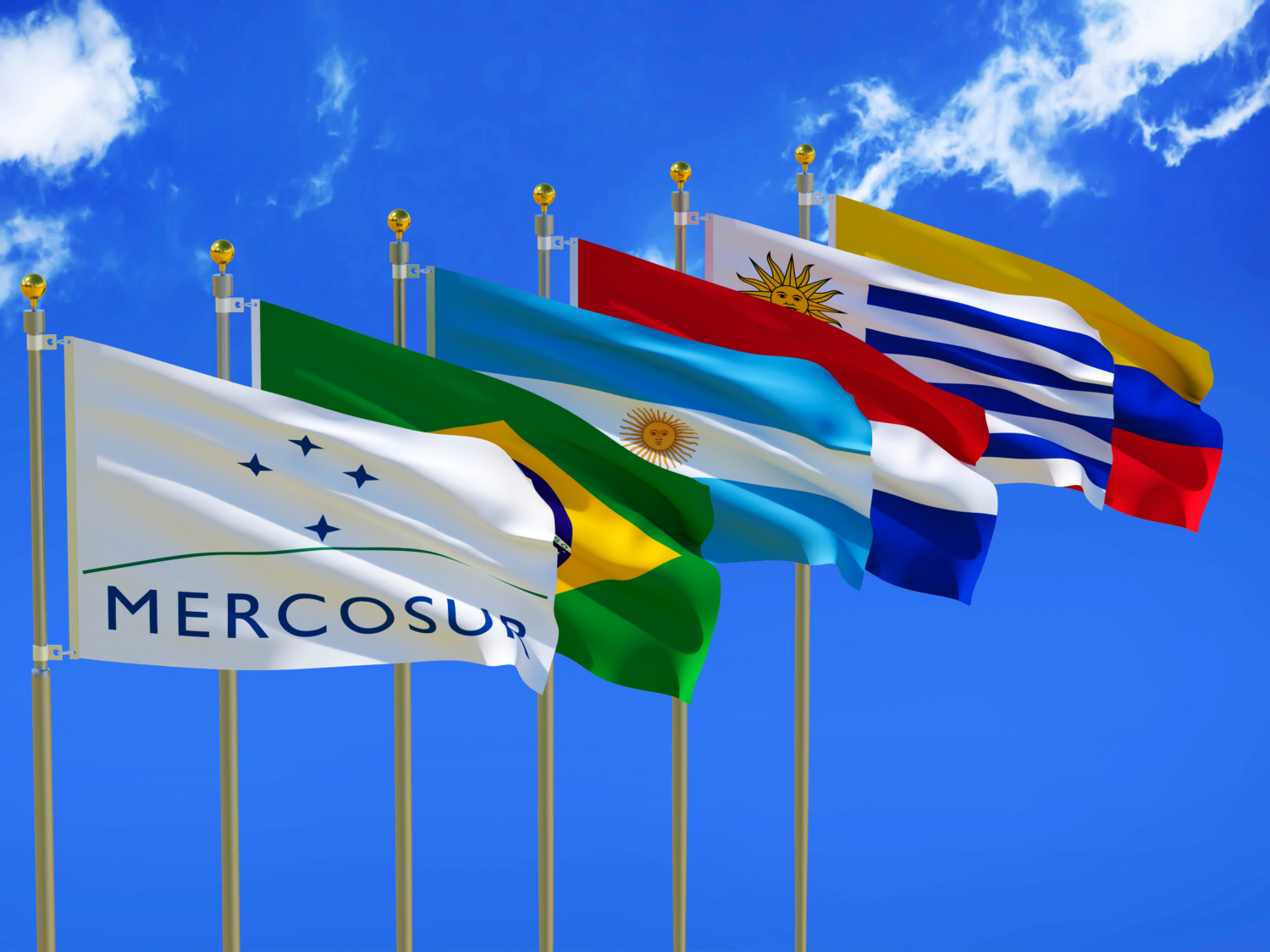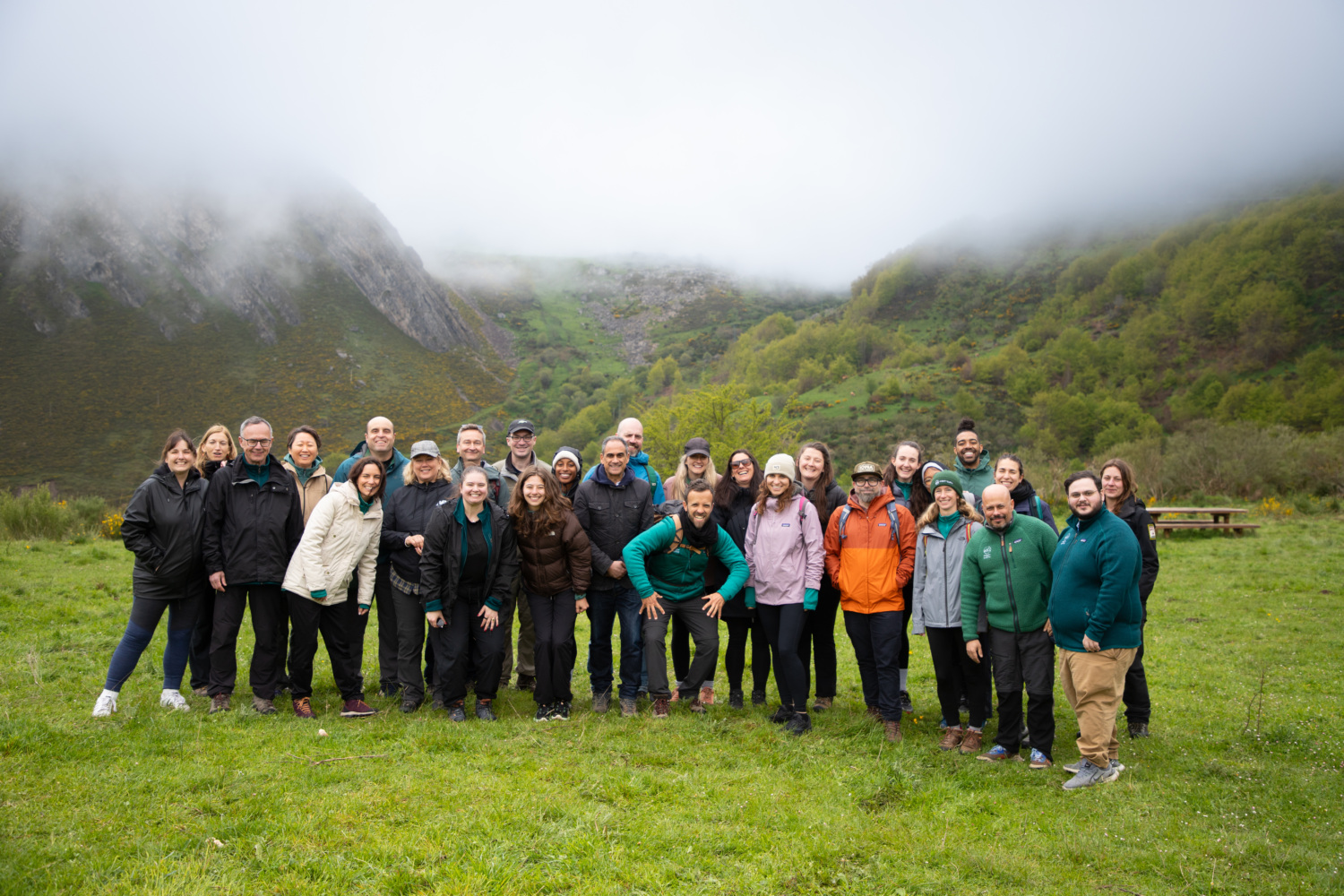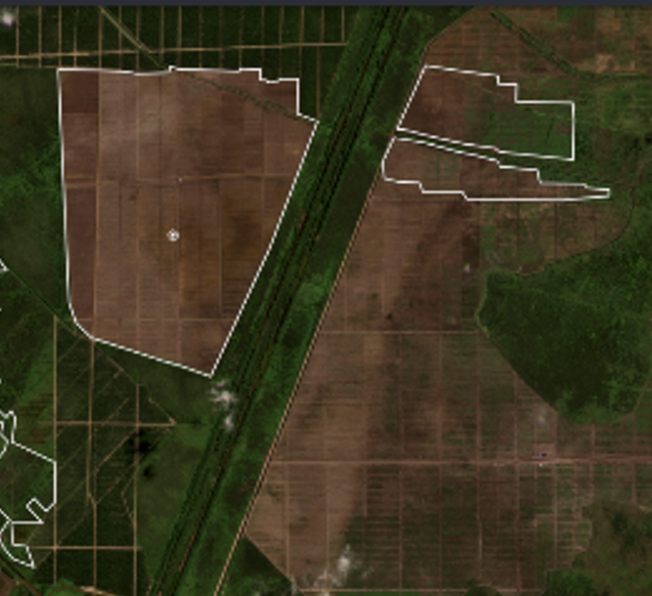
2022 Easter Chocolate Scorecard Lists Starbucks Among “Broken Eggs”
To download the full Scorecard click here:
English
Japanese
French
Coalition encourages industry to break the links between chocolate products, deforestation, child labor, and environmental degradation
April 7, 2022 – What’s really going into our Easter chocolate? A global coalition of environmental and social justice advocates today released The Chocolate Scorecard, an annual survey that examines the chocolate industry’s progress, or lack thereof, in addressing social and environmental concerns stemming from cocoa industry practices and the chocolate products they sell. The 29-member coalition includes Be Slavery Free, Mighty Earth, and National Wildlife Federation, among others.
The Chocolate Scorecard focuses on the production and supply chains that start in West Africa, where around 75% of the world’s cocoa is produced. Many industry players are rising to the challenge, but others continue to ignore consumer demand for chocolate that’s free of child labor, poverty, deforestation. General Mills, Starbucks, and Storck received the researchers’ “Broken Egg” for their refusal to provide information for The Chocolate Scorecard, while Storck was given an additional “Rotten Egg” for ongoing lack of transparency about its policies and practices in their cocoa supply chain, and in light of civil society complaints about the company.
“It’s disappointing to see companies like Starbucks, which claim to be a leader on sustainability and confronting the climate crisis, refuse to answer straightforward questions about their performance on cocoa sustainability. It’s a real shame in an era of growing transparency that Starbucks refuses to be straight with its customers,” said Glenn Hurowitz, founder and CEO of Mighty Earth. “Mighty Earth will continue to demand transparency and true supply chain sustainability, both for our climate and for the local communities that produce these key commodities.”
This year Ferrero joins the list of “Good Eggs” that includes Hershey’s, Unilever and Ritter, whose cocoa is close to 100% certified by the Rainforest Alliance or Fairtrade.
“While certification is not perfect, it is often a positive first step in a company’s sustainability journey,” said Fuzz Kitto, of Be Slavery Free, the Australia-based charity which coordinated The Chocolate Scorecard. “If companies are making progress on increasing the sustainability of their chocolate supply chains then we and their customers and investors would like to hear about it.”
Special mentions for leadership go to:
- Previous Scorecard “Good Eggs” Alter Eco, Tony’s Chocolonely, and Whittaker‘s for continuing to be among the best in class overall
- Nestlé for taking huge steps in innovation for addressing farmers’ income with additional payments and with their commitment to plant 2.8 million shade trees by the end of 2022
- Ferrero for now joining other companies whose cocoa is overwhelmingly certified such as Hershey’s, Unilever, Fazer and others.
The Scorecard is an accountability measure that rates companies on the six most pressing sustainability issues facing the chocolate industry: human rights due diligence; transparency and traceability; deforestation and climate change; agroforestry; living income policies; and child labor. As Christians around the world celebrate Easter by enjoying chocolate products, the coalition urges consumers to use the Scorecard to make smarter, more sustainable purchases that reward good business behavior rather than reinforcing irresponsible practices.
Previous Mighty Earth data analysis has revealed that more than four years after the high-profile launch of the Cocoa and Forests Initiative (CFI), Africa’s top cocoa-producing nations continue to see huge areas of precious forest being destroyed in West Africa to make room for cocoa production. The loss of these precious forests is often driven by the fact that small farmers in the region do not make a living income from their cocoa, forcing them to expand.
“We are now starting to see many companies make commitments to address farmer poverty and improve cocoa farming livelihoods,” said Sam Mawutor, Policy and Advocacy at Mighty Earth. “This shows chocolate brands are increasingly aware of the problem, which is progress. However, since farmer household poverty drives child labor, chemical use, and forest conversion, we need to see improved collaboration amongst companies at a landscape level. The time for small pet projects is over”.
To download the full report click here: Full Report
To read the methodology used to create the company scores you can find out more here: Methodology
About Mighty Earth
Mighty Earth (www.mightyearth.org) is a global advocacy organization working to defend a living planet. Our goal is to protect half of Earth for Nature and secure a climate that allows life to flourish. We are obsessed with impact and aspire to be the most effective environmental advocacy organization in the world. Our team has achieved transformative change by persuading leading industries to dramatically reduce deforestation and climate pollution throughout their global supply chains in palm oil, rubber, cocoa, and animal feed while improving livelihoods for Indigenous and local communities across the tropics.
For regional press enquiries, pictures, and expert quotes, contact:
- Australia – Fuzz Kitto (Australian Eastern Time) +61 (0) 407 931 115 [email protected] (English)
- Europe (Eastern) – Kadri Org (Eastern European Summer Time) Tel: +372 56 489 584 [email protected] (Estonian, English)
- Europe (Western) – Esta Steyn (Central European Time) +31 6 3457 1595 [email protected] (Dutch, Afrikaans)
- Japan – Roger Smith (USA Eastern Time) [email protected] (English, Japanese), Hajime Enomoto (Japan Standard Time), [email protected] (Japanese)
- United Kingdom – Dominic Murphy (UK Time) +44 (0)7943 498239 [email protected] (English)
- United States – Etelle Higonnet (USA Eastern Time), +1 202 848 7792. [email protected] (English, French, Spanish, Portuguese, Italian, German)
- West Africa – Fofana Mansah Souleymane (West Africa Time) +225 22 42 21 42 [email protected] (French, English)


